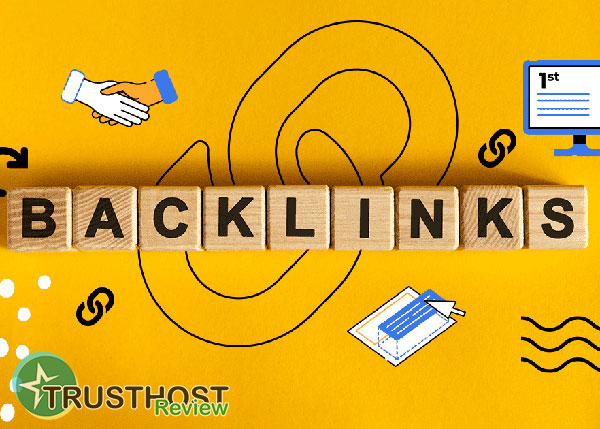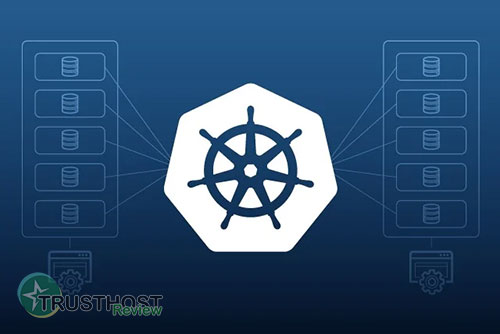The Ultimate Hosting Checklist: 15 Things to Check Before You Buy
The web hosting market is a crowded, noisy space filled with jargon, too-good-to-be-true offers, and conflicting advice. Making the right choice feels overwhelming, but it's one of the most critical decisions you'll make for your online business. Your host is the engine of your website—it dictates your site speed, security, and reliability, directly impacting user experience, SEO rankings, and your bottom line.
That's why we've created this comprehensive, no-nonsense checklist. Use this guide to cut through the marketing fluff and evaluate any hosting provider like a pro. By the end, you'll be able to make a confident, informed decision that sets your website up for success.
Part 1: Performance & Uptime (The Need for Speed)
Performance isn't a luxury; it's a necessity. A slow website frustrates visitors and gets penalized by Google. These checks ensure your host can deliver the fast website hosting experience your audience deserves.
1. Server Hardware: NVMe SSDs are the Gold Standard
Not all storage is created equal. Old-school Hard Disk Drives (HDDs) are slow and obsolete for primary hosting. While standard Solid-State Drives (SSDs) are a good baseline, NVMe SSDs are the current top tier, offering read/write speeds up to 25x faster. This translates to quicker database queries, faster file access, and a snappier backend experience. When evaluating a host, check their plan details for 'NVMe SSD Storage'. If they don't specify, assume it's a slower technology.
2. Uptime Guarantee: Look Beyond 99.9%
An uptime guarantee is a promise of reliability. While '99.9% uptime' sounds impressive, it still allows for about 43 minutes of downtime per month. For an e-commerce store, that's 43 minutes of lost sales. Look for providers offering a 99.95% or higher Service Level Agreement (SLA). More importantly, check what they offer as compensation if they fail to meet it—it's usually a credit for a portion of your monthly fee.
3. Data Center Locations: Proximity Matters
The physical distance between your server and your visitor impacts latency (the time it takes for data to travel). If your primary audience is in Europe, choosing a host with a data center in Amsterdam or Frankfurt will be significantly faster than one in Los Angeles. Ask the provider for a list of their data center locations. A good host will also offer a built-in or easily integrated Content Delivery Network (CDN), like Cloudflare, which caches your site on servers worldwide to reduce latency for all visitors.

4. Resource Allocation (CPU & RAM): Your Site's Horsepower
For shared hosting, resources are distributed among many users. While many hosts offer 'unlimited' bandwidth or storage, the real bottleneck is often CPU and RAM. A good provider is transparent about these limits (e.g., '1 CPU Core, 2GB RAM'). If your site uses a heavy page builder or runs many plugins, you'll need more resources. This is a key reason why finding the best hosting for a small business often means choosing a premium shared plan or a small VPS to avoid performance issues caused by 'noisy neighbors' on the server.
Part 2: Security & Backups (Your Digital Fortress)
A single security breach can destroy your reputation and business. A great host acts as your first line of defense with proactive security measures.

5. Free SSL Certificate: A Non-Negotiable
An SSL certificate encrypts data between your server and the visitor's browser, enabling the 'https://' and padlock icon. It's essential for security, trust, and SEO. There is no reason to pay for a basic SSL certificate in 2024. Ensure your host provides a free, auto-renewing certificate from Let's Encrypt or a similar provider with every plan.
6. Automatic Daily Backups: Your Ultimate Safety Net
Things go wrong—a bad plugin update, a human error, or a hack. Your backup is your undo button. Check the host's backup policy carefully. Key questions to ask are:
- Are backups taken automatically every day?
- How many days of backups are retained (e.g., 14, 30)?
- Is it a one-click process to restore a backup yourself from the control panel?
- Is there a fee for restoration? (There shouldn't be.)
7. Proactive Malware Scanning & Firewall
A good host doesn't just wait for an attack; they actively prevent it. Look for features like a Web Application Firewall (WAF), which filters malicious traffic before it reaches your site, and regular malware scanning. Many top-tier hosts use systems like Imunify360 or BitNinja to provide comprehensive, real-time protection.
8. DDoS Protection
Distributed Denial of Service (DDoS) attacks can knock your site offline by overwhelming it with junk traffic. Basic DDoS protection should be included at the network level with any reputable host. Ask about their capacity to mitigate large-scale attacks.
Part 3: Support & Usability (Your 2 AM Lifeline)
When your website is down, you need fast, competent help. Excellent support is worth its weight in gold.

9. 24/7/365 Expert Support
Problems don't stick to business hours. Ensure the host offers 24/7 support through multiple channels, especially live chat and a ticketing system. Phone support is a bonus. Before you buy, test their pre-sales live chat. Ask a technical question. Their response time and the quality of their answer are good indicators of what you can expect as a customer.
10. Free & Seamless Website Migration
Moving a website can be a technical nightmare. Many customer-focused hosts will migrate at least one existing website to their platform for free when you sign up. This service is a massive value-add, saving you time and potential headaches. Check the terms—some limit it to specific types of sites (e.g., WordPress only).
11. Intuitive Control Panel (cPanel, Plesk, or Custom)
The control panel is your mission control for managing your website, emails, and domains. cPanel is the industry standard and is known for being powerful and user-friendly. Plesk is another popular alternative. Some hosts, like Kinsta or SiteGround, have developed excellent custom panels. The key is that it should be intuitive and not require a developer to perform basic tasks.
12. Developer-Friendly Features
Even if you're not a developer, the availability of these tools indicates a modern, robust platform. Look for features like SSH access, Git integration, and staging environments. A staging environment allows you to create a clone of your live site to safely test updates and changes before pushing them live—an invaluable tool for preventing errors.
Part 4: Pricing & Scalability (The Bottom Line)
The cheapest option is rarely the best. Focus on value and a clear growth path.
13. Transparent Renewal Pricing
This is the oldest trick in the book: a super-low introductory price ($2.95/month!) that skyrockets to $12.95/month upon renewal. This is a common tactic for finding affordable hosting, but it can be a shock. Always look for the renewal rate, which is usually listed in smaller print. Calculate the total cost over a 2 or 3-year period to get a true comparison of value.
14. Clear Scalability Path
Your business will grow, and your website traffic will increase. How easy is it to upgrade your plan? A good host offers a seamless path from shared hosting to a VPS (Virtual Private Server) or even a dedicated server. Ask if an upgrade requires a manual migration and potential downtime, or if it's a simple process handled by their team.
15. Money-Back Guarantee
A 30-day money-back guarantee is the industry standard and gives you a risk-free period to test the platform's performance and support. Read the fine print. The guarantee often doesn't cover add-ons like domain name registrations or privacy protection.
















